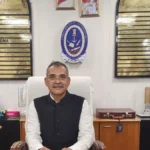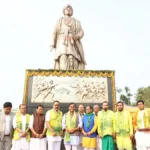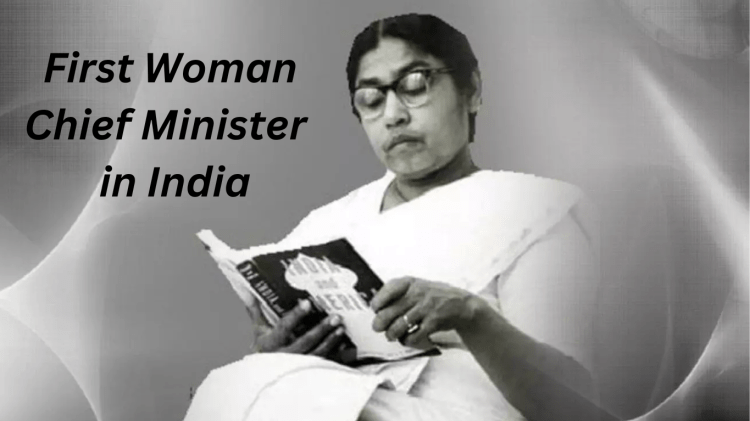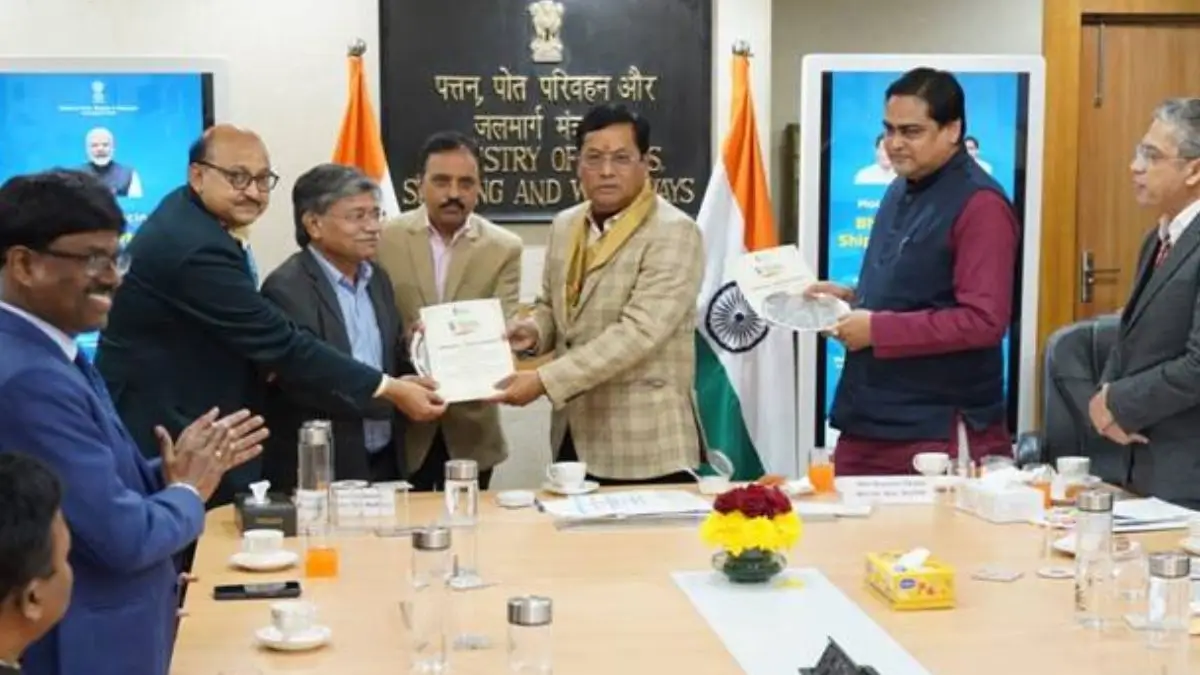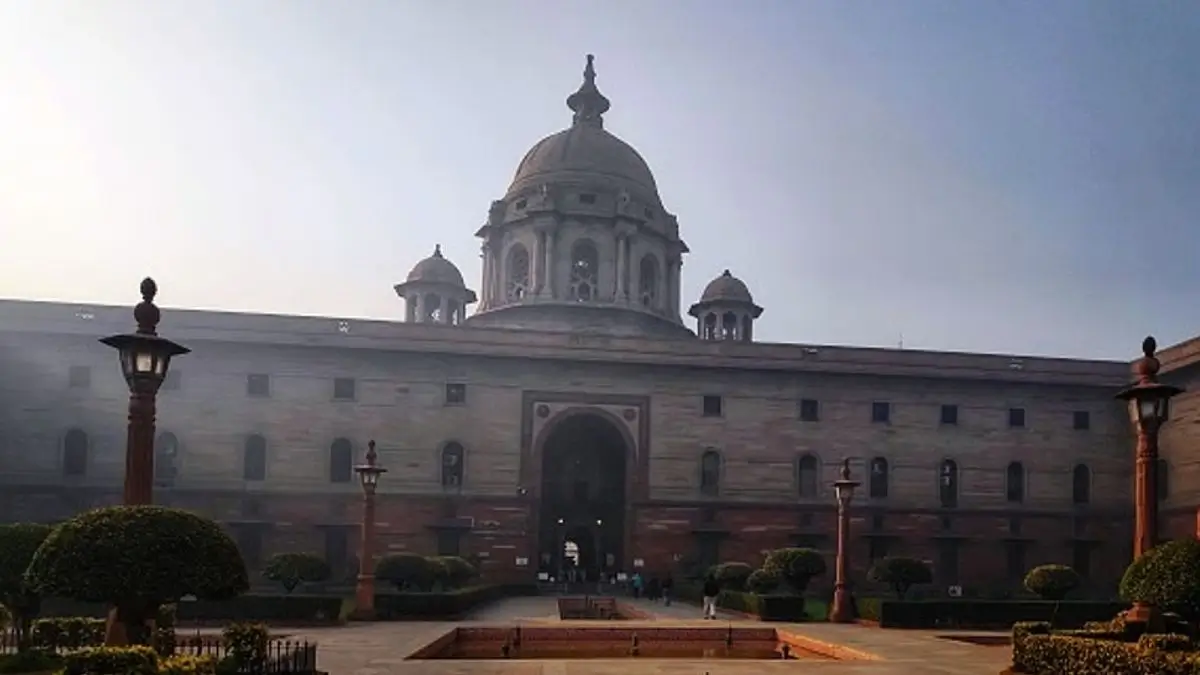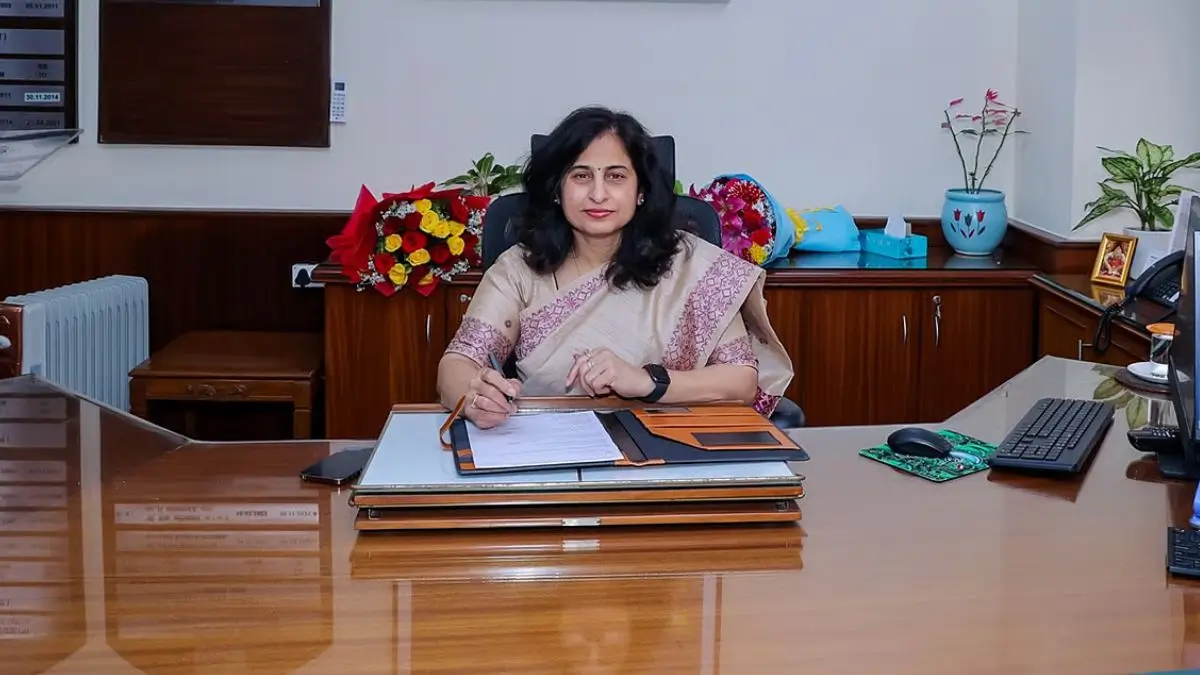Sucheta Kripalani: India’s First Woman Chief Minister
Early Life and Education
Sucheta Kripalani, born on June 25, 1908, in Ambala, Punjab, hailed from a Bengali Brahmo family. Her father, Surendranath Majumdar, was a medical officer, leading to frequent relocations during her childhood. She pursued higher education at Indraprastha College and later obtained a Master’s degree in History from St. Stephen’s College, Delhi. Her academic journey culminated in a professorship in Constitutional History at Banaras Hindu University.
Entry into the Freedom Movement
The Jallianwala Bagh massacre in 1919 profoundly impacted Sucheta, igniting her passion for India’s independence. She actively participated in the Quit India Movement and collaborated closely with Mahatma Gandhi during the Partition riots, showcasing her commitment to the nation’s freedom struggle.
Political Career Post-Independence
After India gained independence, Sucheta transitioned into active politics. She was elected to the Constituent Assembly, contributing significantly to the drafting of the Indian Constitution. In 1952, she won the New Delhi constituency as a Kisan Mazdoor Praja Party candidate and later represented various constituencies, including Gonda in Uttar Pradesh.
Tenure as Chief Minister of Uttar Pradesh
In October 1963, Sucheta Kripalani broke new ground by becoming the Chief Minister of Uttar Pradesh, making her the first woman to hold such a position in India. Her tenure was marked by decisive leadership, notably during a 62-day state employees’ strike, where she maintained a firm stance against unjustified demands.
Legacy and Impact
Sucheta Kripalani’s journey from a freedom fighter to India’s first female Chief Minister exemplifies resilience and dedication. Her contributions to the independence movement, constitutional development, and state governance have left an indelible mark on Indian politics, inspiring future generations of women leaders.
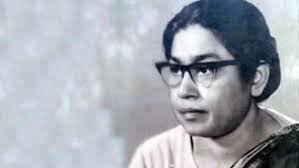
Why This News Is Important
Highlighting Women’s Leadership in Indian Politics
The story of Sucheta Kripalani underscores the pivotal role women have played in shaping India’s political landscape. Her ascent to the position of Chief Minister in the early 1960s challenges traditional gender roles and serves as a testament to women’s capabilities in leadership positions.
Inspiration for Aspirants in Governance
For students preparing for government exams, understanding the contributions of leaders like Sucheta Kripalani provides valuable insights into effective governance and public administration. Her example illustrates how dedication and integrity can lead to significant societal impact.
Historical Context
Role in the Constituent Assembly
Sucheta Kripalani was among the few women elected to the Constituent Assembly of India, playing a crucial role in shaping the nation’s Constitution. Her involvement ensured that women’s perspectives were included in the foundational legal document of the country.
Formation of the All India Mahila Congress
Demonstrating her commitment to women’s rights, Sucheta founded the All India Mahila Congress in 1940, aiming to empower women and address their issues within the political framework.
Key Takeaways from Sucheta Kripalani’s Legacy
| Serial No. | Key Takeaway |
|---|---|
| 1 | First woman to serve as Chief Minister in India, leading Uttar Pradesh from 1963 to 1967. |
| 2 | Active participant in the Quit India Movement and close associate of Mahatma Gandhi. |
| 3 | Significant contributor to the drafting of the Indian Constitution as a member of the Constituent Assembly. |
| 4 | Founder of the All India Mahila Congress, advocating for women’s rights and political participation. |
| 5 | Demonstrated strong leadership during her tenure, notably during the 62-day state employees’ strike. |
Important FAQs for Students from this News
Q1: Who was the first woman Chief Minister in India?
A1: Sucheta Kripalani became the first woman Chief Minister in India, serving Uttar Pradesh from 1963 to 1967.
Q2: What were Sucheta Kripalani’s contributions to the Indian freedom movement?
A2: She actively participated in the Quit India Movement and worked closely with Mahatma Gandhi during the Partition riots.
Q3: How did Sucheta Kripalani impact the drafting of the Indian Constitution?
A3: As a member of the Constituent Assembly, she played a significant role in shaping the Indian Constitution.
Q4: What organization did Sucheta Kripalani establish for women’s empowerment?
A4: She founded the All India Mahila Congress in 1940 to address women’s issues within the political framework.
Q5: How did Sucheta Kripalani handle the state employees’ strike during her tenure?
A5: She maintained a firm stance against unjustified demands during the 62-day strike, showcasing her decisive leadership.
Some Important Current Affairs Links




